The 2024-2025 edition of the Development Policies and Practices (DPP) programme concluded in January, bringing together professionals from around the world committed to addressing today’s most pressing development challenges.” This year, seven graduates from the six regional hubs and the programme’s Conflict and Fragility Management thematic branch shared key insights from their professional theses.
Their research spans diverse topics, from improving access to sustainable water solutions in Vietnam to integrating cultural heritage into sustainable development in Iraq. Other focal areas include enhancing Sexual and Reproductive Health and Rights in Ghana, strengthening the resilience of women facing intersectional vulnerabilities in Georgia, advancing the integration of women into security forces in Qatar and Algeria, and improving local governance in Chad.
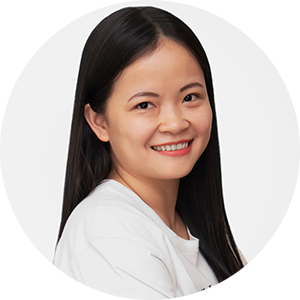
Thanh Vo – Vietnam, South East Asia Region
I am currently working for the Christina Noble Children’s Foundation (CNCF), implementing education, healthcare, and community development programmes to break cycles of poverty and empower children and families. My thesis, “Evaluating the Effectiveness and Scalability of Rainwater Harvesting Systems in Addressing Water Scarcity in Schools: A Case Study of Ba Tri District, Ben Tre Province, Vietnam”, promoted CNCF’s strategy, expanding access to sustainable water solutions in climate-vulnerable areas and informing broader water security policies in Vietnam.
The DPP programme has changed more than just what I know; it has changed how I think and lead. It has taught me to bridge local realities with global solutions and approach development as a systemic, long-term challenge. The programme also reinforced that leadership is not just about policies but also about compassion, connection, and commitment. As I move forward, I carry with me not just skills but a deeper sense of responsibility and a renewed vision for creating a sustainable impact.
Chawan Osman Mrasheed – Iraq, Conflict and Fragility Management
As a freelance consultant, I research cultural heritage, social cohesion, and post-conflict recovery, working with international organisations and the private sector. My work focuses on integrating cultural heritage into sustainable development, capacity building and peacebuilding efforts. In my thesis, “Intangible Cultural Heritage’s Contribution to Workplace Harmony in Multi-Cultural Settings: The Case of Private Universities in Iraq”, I explored how cultural heritage fosters inclusive work environments. These insights are informing strategies in higher education, humanitarian efforts, and private institutions, enhancing workplace harmony, team dynamics and social cohesion.
The DPP programme has transformed my approach to policy-making and mediation, equipping me with research-driven tools for navigating complex, multi-stakeholder environments. Furthermore, it has expanded my professional network, opening new avenues for collaboration with international development organisations, academic institutions, and policymakers. Moving forward, I aim to bridge the gap between theory and practice, supporting organisations in leveraging cultural heritage as a tool for capacity building and ensuring long-term, locally-driven impact.
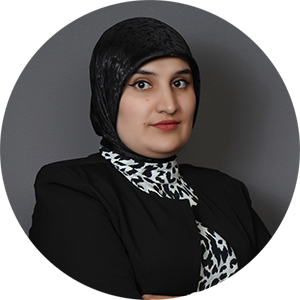
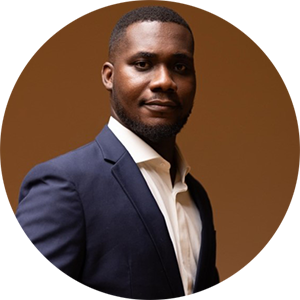
Derrick Holdbrook – Ghana, English-Speaking Africa Region
My professional thesis, “The Missing Link: Assessment of a Research Capacity Strengthening Programme for Early Career Researchers in Sexual Reproductive Health and Rights: Perspectives from Training Participants in Anglophone Africa”, explores the impact of capacity building initiatives on researchers in Sexual Reproductive Health and Rights. Through my research, I identified key areas for improvement, including the need for regular programme reviews, stronger alumni networks, contextualised training, and sustainable funding strategies to ensure long-term impact.
The DPP programme was a truly transformative experience, equipping me with policy analysis, strategic planning, and communication skills that are essential for engaging with funders and development stakeholders. As a Project Manager at the University of Ghana School of Public Health, where I manage the World Health Organization Human Reproduction Programme Alliance Hub, building the capacity of individuals to undertake locally led Sexual Reproductive Health and Rights Research, I will leverage these insights to enhance training programmes, advocate for multi-lateral funding and strengthen collaboration between academia, government, and civil society—ensuring that locally led research continues to drive meaningful change in the field of public health and reflects the realities of the context.
Nino Tsagareishvili – Georgia, Central Asia and Caucasus Region
I work for the Swiss Cooperation Office in the South Caucasus, where I oversee democratic governance and women’s empowerment projects. My thesis, “Resilience of Women with Intersectional Vulnerabilities against Droughts in Kakheti, Georgia”, explores why resilience-building efforts often fail to reach the most vulnerable women and how development programmes can be better designed to create meaningful impact. Through an intersectional lens, I examined how overlapping social determinants—such as gender, economic status, and rurality—shape vulnerabilities. The lack of a nuanced understanding of these intersections hinders the development of targeted interventions. My findings offer key insights for policymakers and development practitioners to enhance climate resilience strategies.
The DPP Programme has deepened my understanding of development complexities and strengthened my skills in policy analysis, strategic project management, and research. Beyond academics, it has broadened my perspective through a global network of professionals and lifelong friendships. Going forward, I aim to apply locally tailored, inclusive approaches in my work, ensuring that development efforts incorporate the perspectives of the most vulnerable while valuing indigenous knowledge to foster sustainable, community-led solutions.
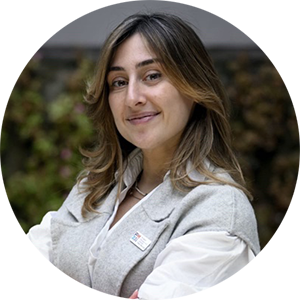
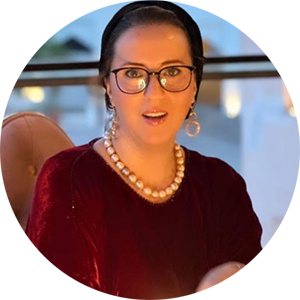
Tassadit Gharbi – Algeria, Middle East and North Africa Region
As the founder of Al-Fahd Consulting & Technology LLC, I focus on the intersection of cultural heritage and modern organisational practices, particularly in integrating women into security forces in Qatar and Algeria. My work explores how policies can be developed to effectively support women in uniform, ensuring they have access to leadership opportunities and professional growth. In Algeria, I advocate for structured empowerment programmes and leadership training tailored to women in military and security roles. In Qatar, my focus is on designing initiatives that align with the country’s modernisation efforts and commitment to gender inclusivity under Qatar National Vision 2030.
Through the DPP programme, I have deepened my expertise in defence and capacity building, strengthening my ability to support locally led development initiatives. As a woman leading a business in the defence sector, this academic journey is particularly meaningful, allowing me to navigate and influence the evolving dynamics of inclusivity within security organisations. I am inspired by the success stories of women in uniform in Qatar and Algeria and firmly believe that real progress lies in fostering inclusive structures where men and women work together to safeguard peace and security. My work is not just about policy—it is about paving the way for future generations of women to lead, protect, and shape their nations with confidence and resilience.
Masra Ogoube – Tchad, French Speaking Africa Region
Je travaille pour la Délégation de l’Union européenne au Tchad et le sujet de mon travail de recherche pour le DPP était « La gouvernance locale au Tchad : cas de la commune d’Oum Hadjer ». Mon organisation utilisera les résultats de ma thèse, notamment les recommandations clés qui seront prises en compte dans les discussions avec les partenaires techniques et financiers soutenant les communes, ainsi qu’avec l’administration et les élus locaux. Les enjeux et obstacles identifiés dans ma recherche serviront de base pour améliorer les pratiques et renforcer les initiatives en faveur d’une gouvernance locale plus efficace.
Le programme DPP représente un atout majeur pour mon développement professionnel. Il constitue un levier puissant qui me permet d’améliorer mon attractivité sur le marché du travail et de renforcer mes compétences pour mieux m’adapter aux défis contemporains. Le DPP m’a déjà permis de remettre en question certaines certitudes et d’adopter de nouvelles approches de travail dans un environnement en mutation. Dans un contexte où l’aide publique au développement risque d’être réduite, le programme m’offre des outils essentiels en communication, négociation et construction d’alliances stratégiques. Grâce au DPP, j’ai acquis une marge de manœuvre plus large et une meilleure capacité à négocier avec divers acteurs, qu’il s’agisse de ma hiérarchie au sein de la Délégation de l’UE, de l’État tchadien, des élus locaux ou des organisations de la société civile.
À l’avenir, le DPP me permettra de renforcer mes capacités d’adaptation et de résilience face aux défis professionnels. Avec la crise en Ukraine et les possibles restructurations des Délégations de l’Union européenne, le programme m’a préparé à faire face à ces évolutions avec confiance. Il m’offre une meilleure compréhension des dynamiques de développement local et me permet d’améliorer ma collaboration avec les partenaires afin de promouvoir des approches innovantes et durables. Grâce au DPP, je suis mieux préparé à naviguer dans un monde en constante évolution et à contribuer efficacement au développement local.
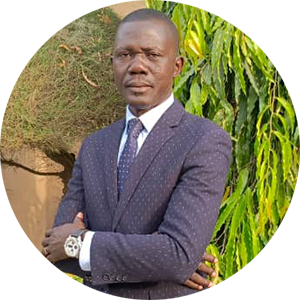
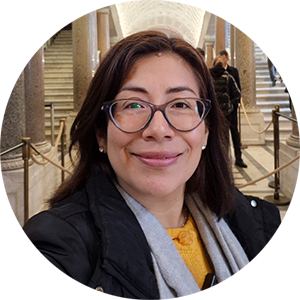
Roxana Carmen Bravo Ynfante – Peru, Latin America
Valoro el Programa DPP como una oportunidad clave para el desarrollo profesional, ya que proporciona herramientas esenciales y conocimientos que fortalecen nuestras competencias. Su enfoque en el intercambio de experiencias entre profesionales de diversas disciplinas y regiones enriquece nuestro trabajo y nos ayuda a generar cambios positivos en nuestros territorios. Con facilitadores de alto nivel y escenarios reales de toma de decisiones, el programa impulsa la creatividad, la innovación y la integración de la gobernanza global, la equidad de género y la sostenibilidad en nuestro quehacer profesional. Además, un aspecto diferenciador del DPP es su diseño flexible, que permite a personas con familia, como en mi caso, compatibilizar estudios y vida personal, lo que lo hace especialmente atractivo para profesionales que buscan avanzar en su formación sin dejar de lado sus responsabilidades familiares. Aunque es un programa de corta duración, su nivel de exigencia es alto, por lo que requiere un compromiso real para que su impacto trascienda más allá del aula y se refleje en nuestras prácticas y contribuciones en el campo del desarrollo.
Postulé al DPP porque siempre he buscado crecer profesionalmente y ampliar mi perspectiva a través del aprendizaje y la conexión con diferentes realidades. No me equivoqué en mi elección: el IHEID ofrece una formación de excelencia y una red invaluable de profesionales de distintas regiones, lo que hace del DPP una experiencia transformadora.
More information about the programme on executive.graduateinstitute.ch/dpp

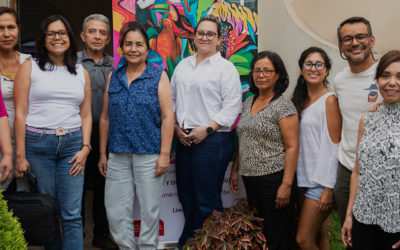
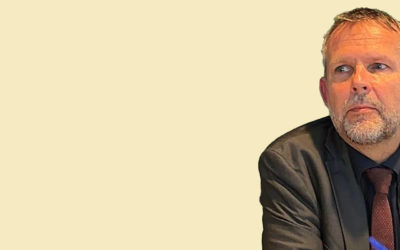


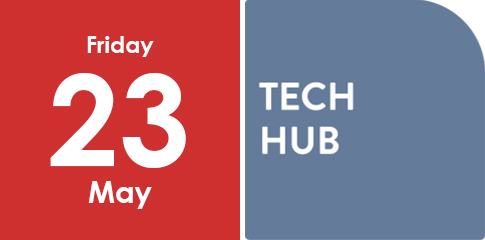

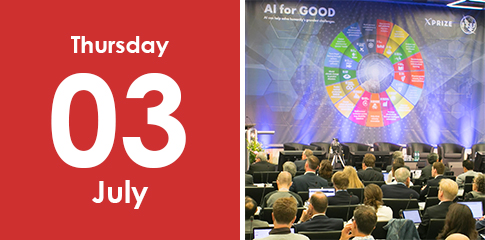

Thank you for help me
Un bon moment pour défendre liderchip féminine
Nous voulons faire face aux violences faites aux femmes et aux filles et la résilience et à alphabétisation
Le DPP est une excellente opportunité pour les professionnels!